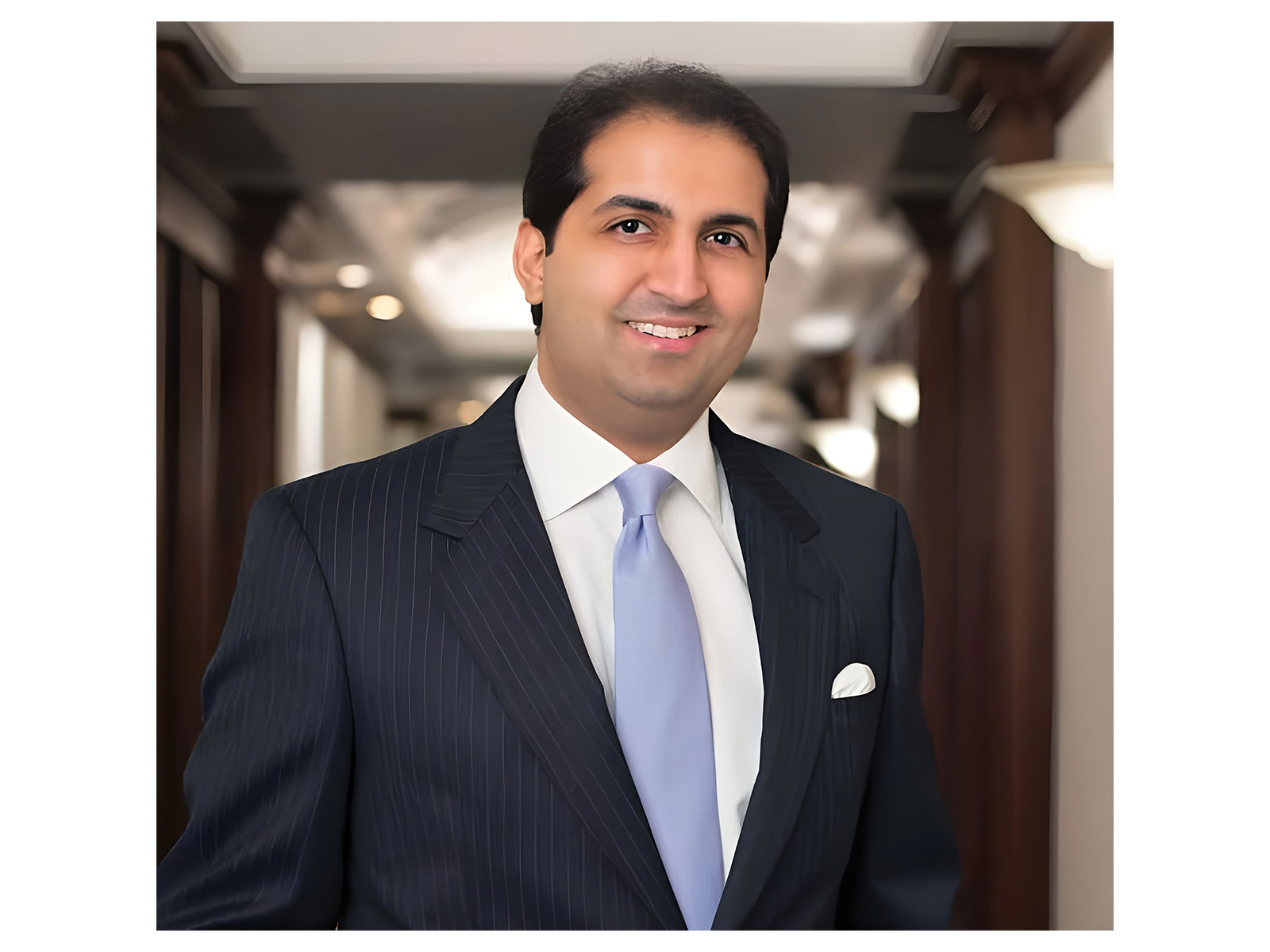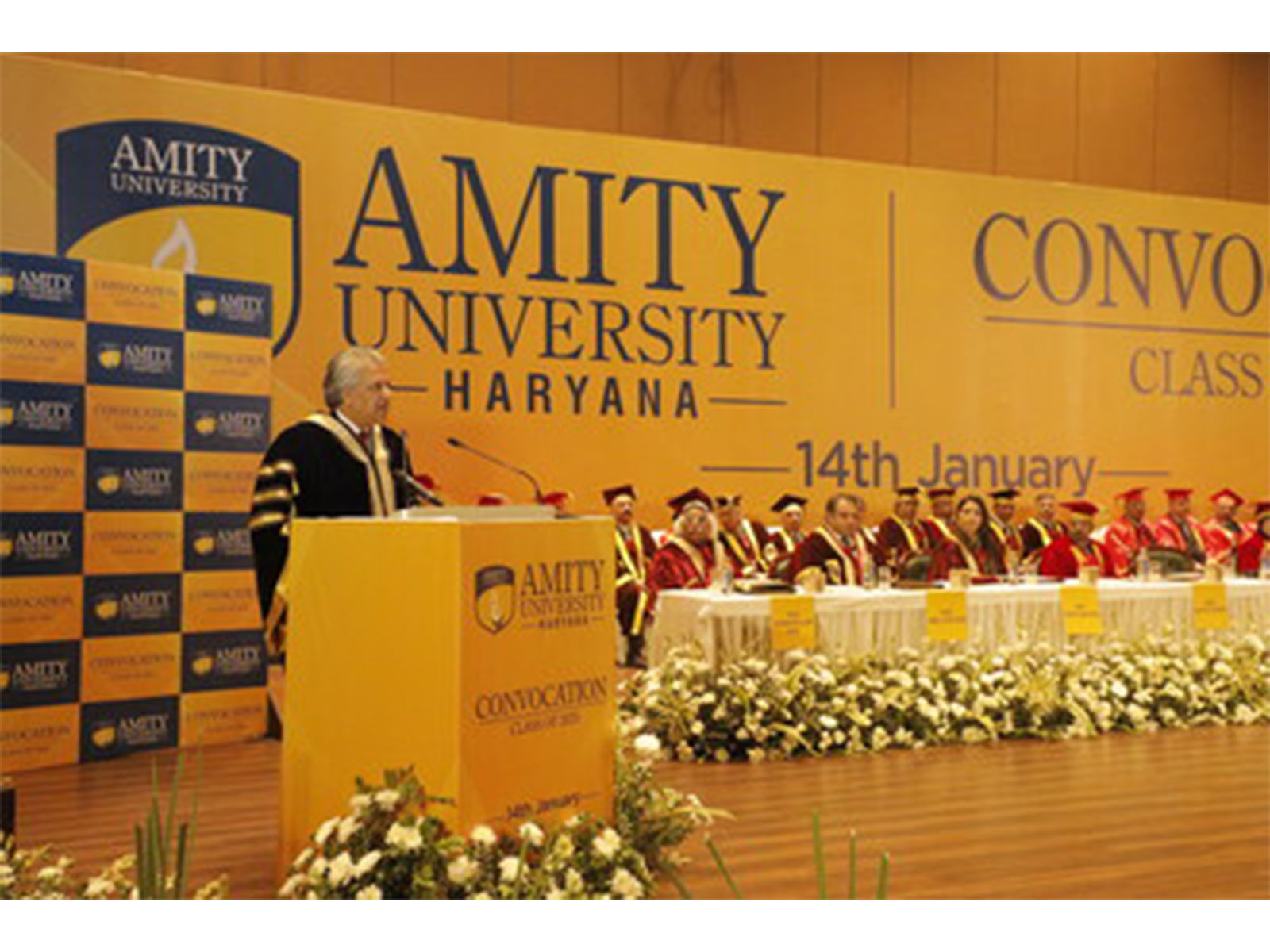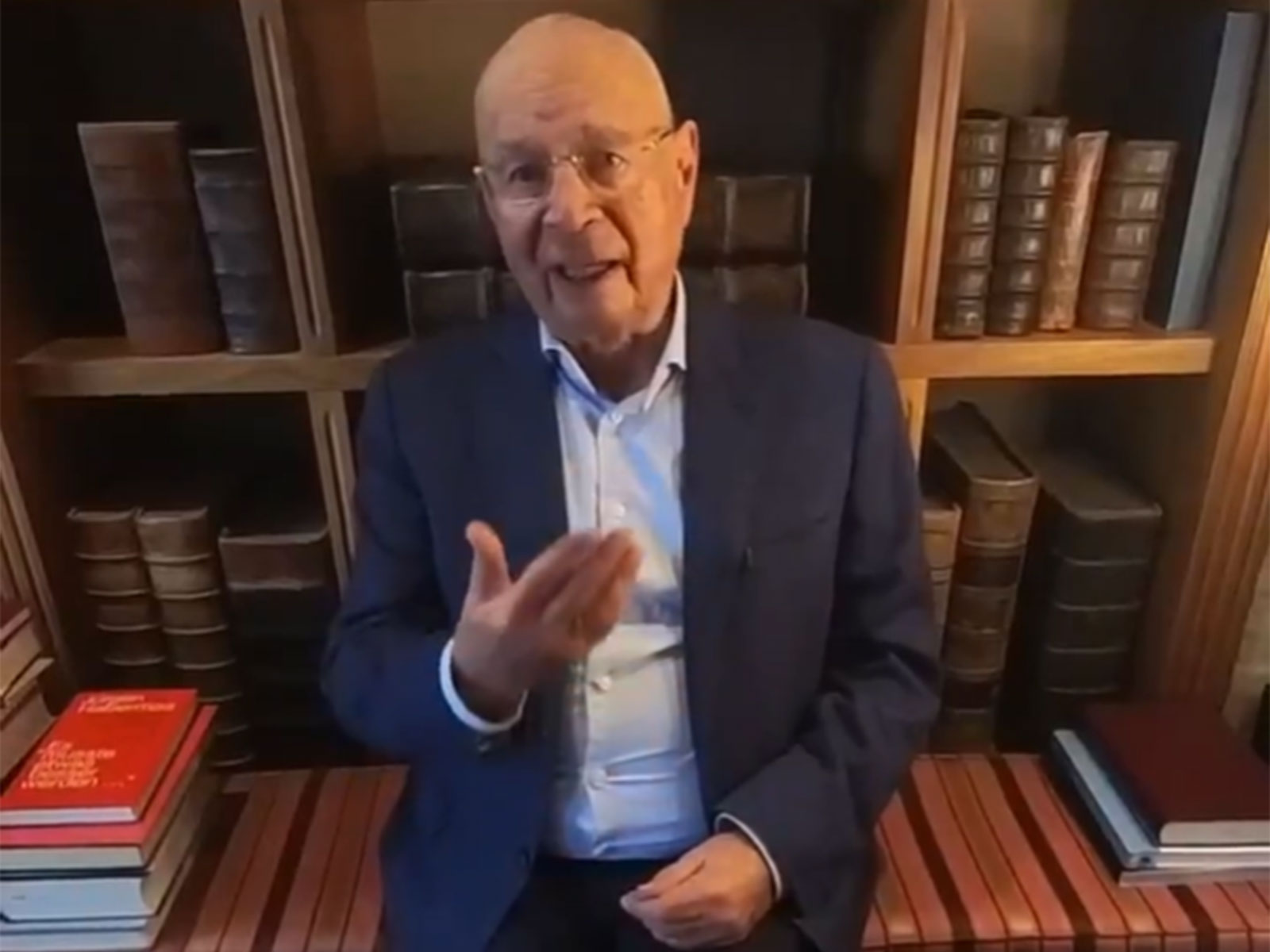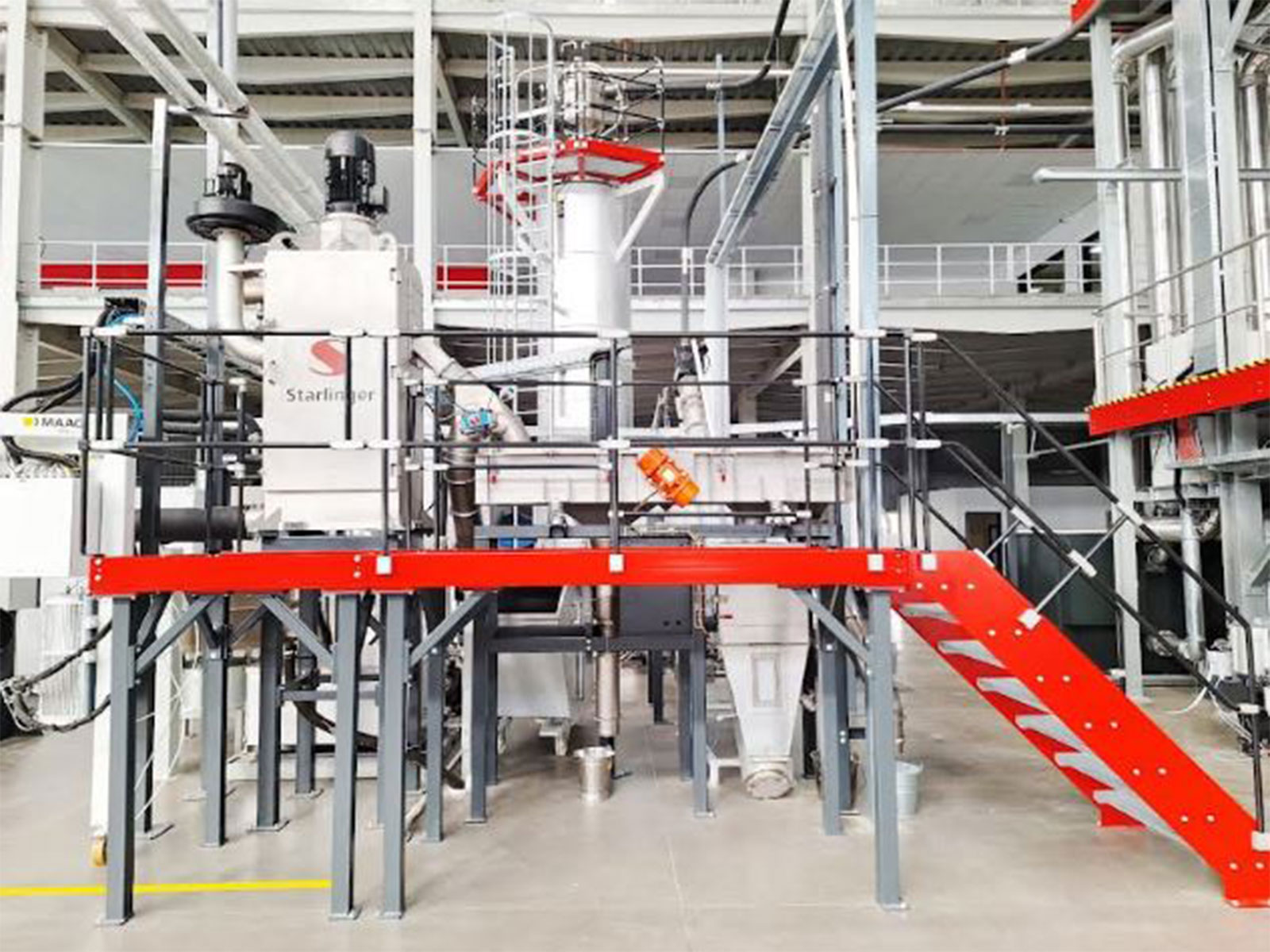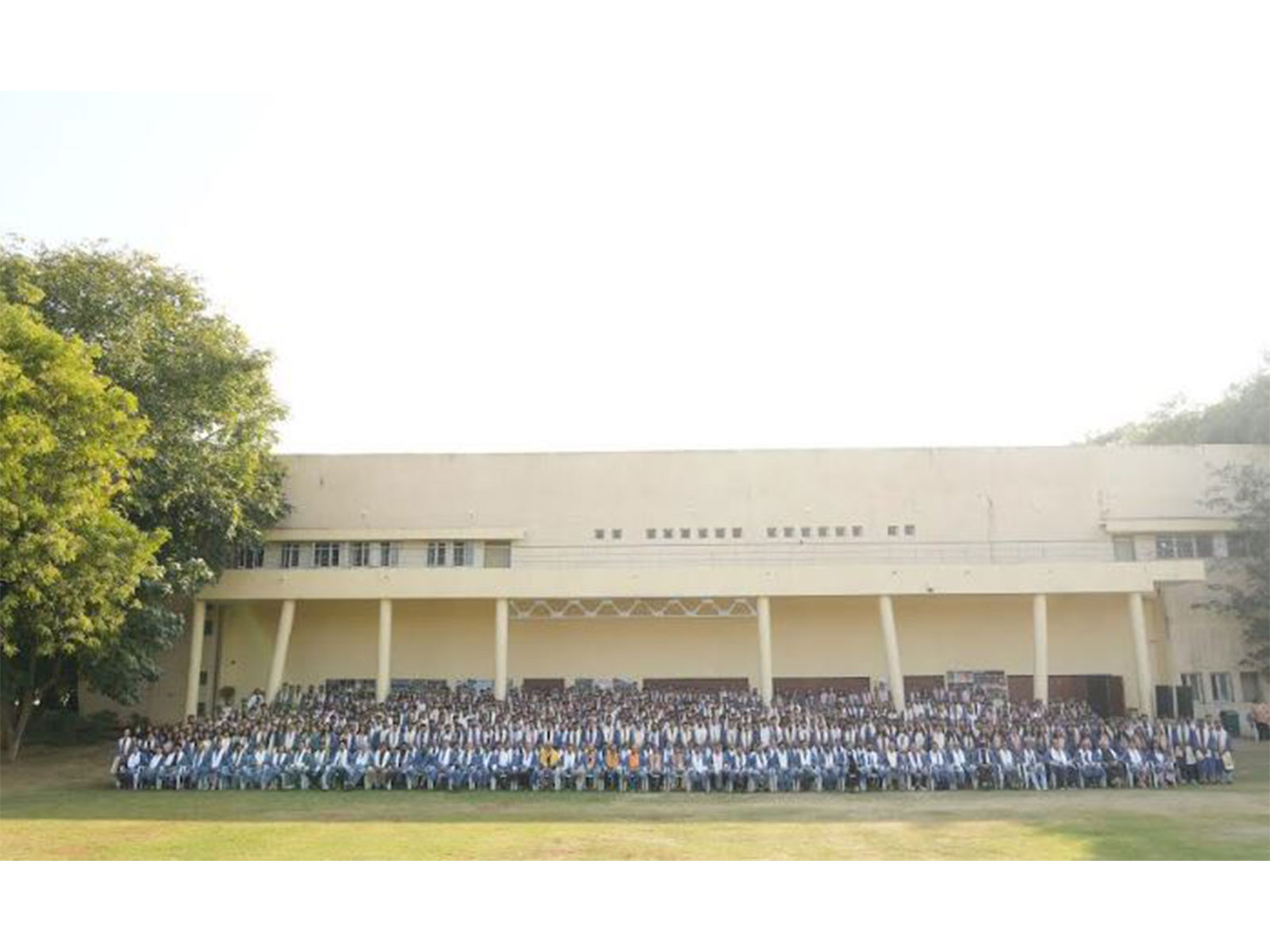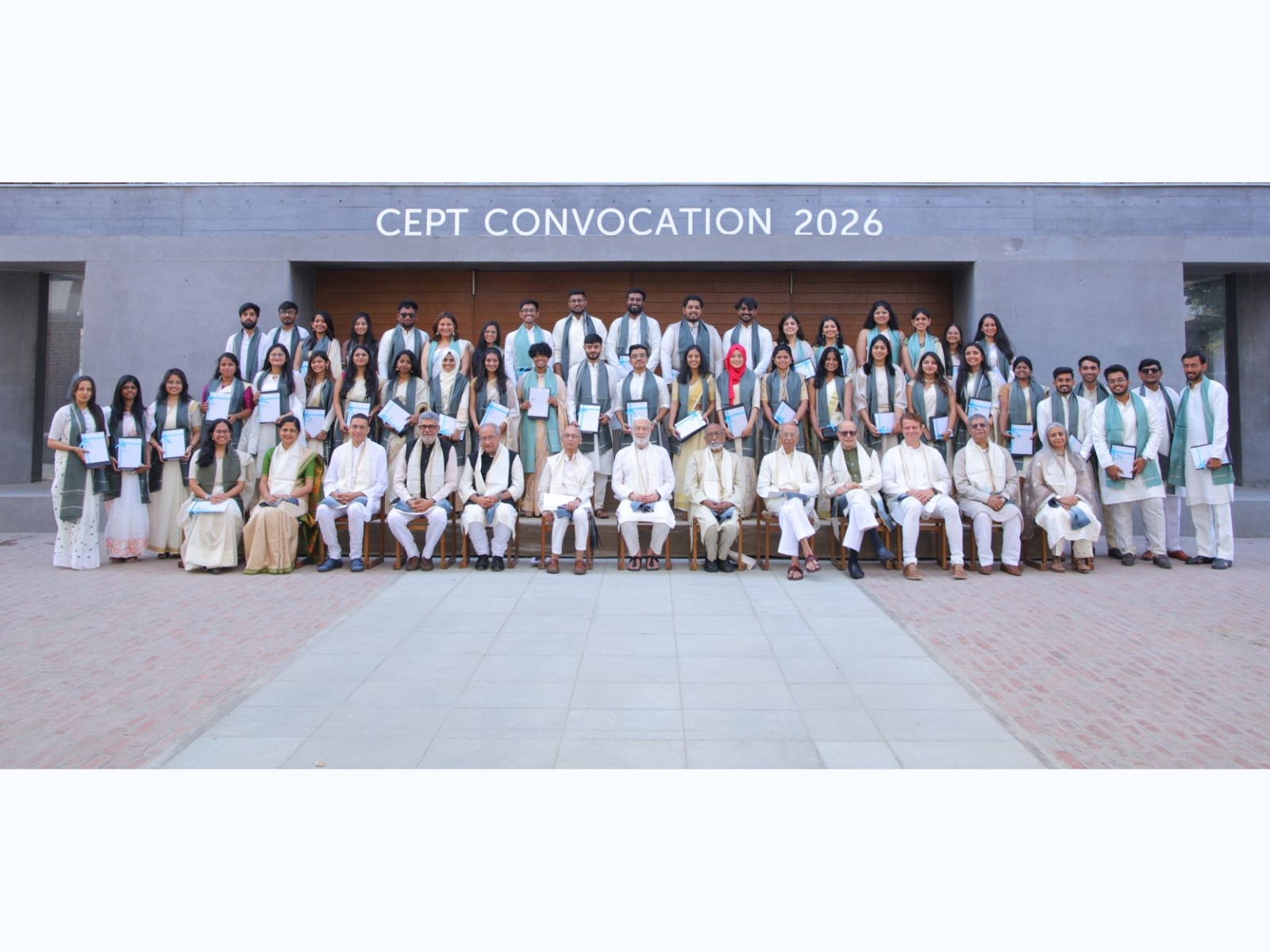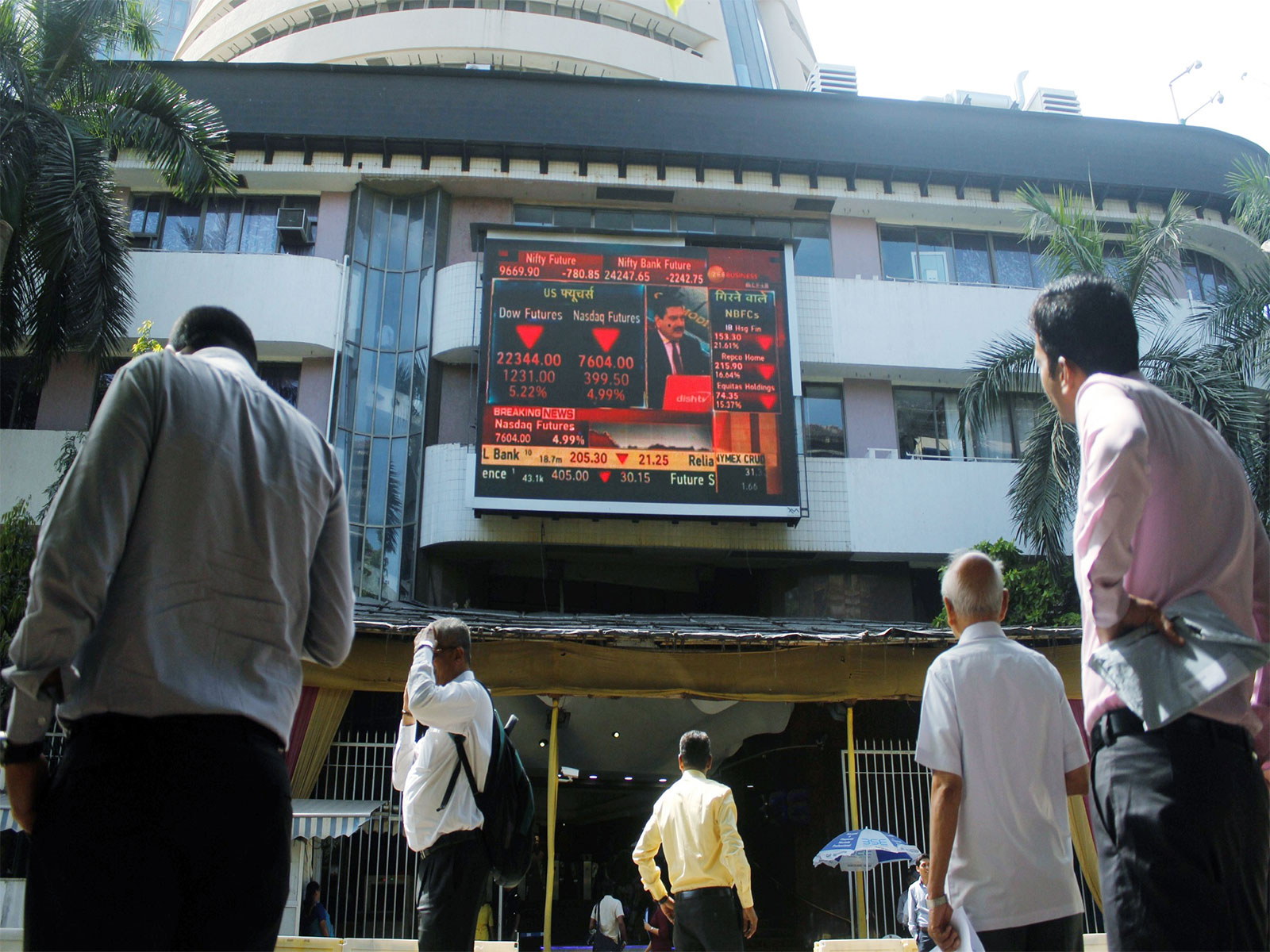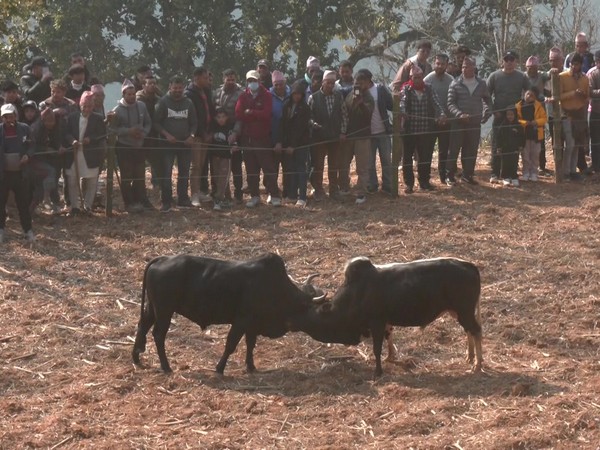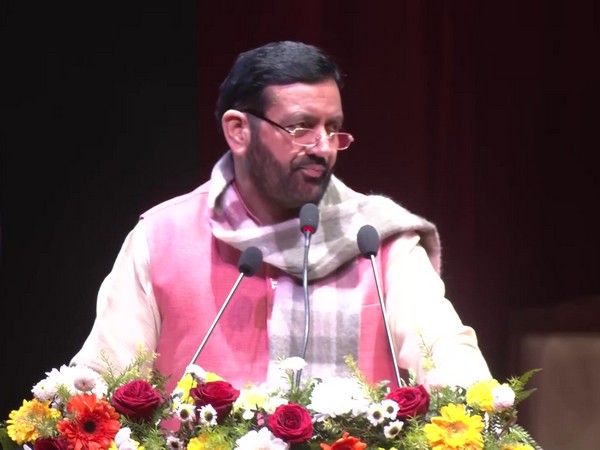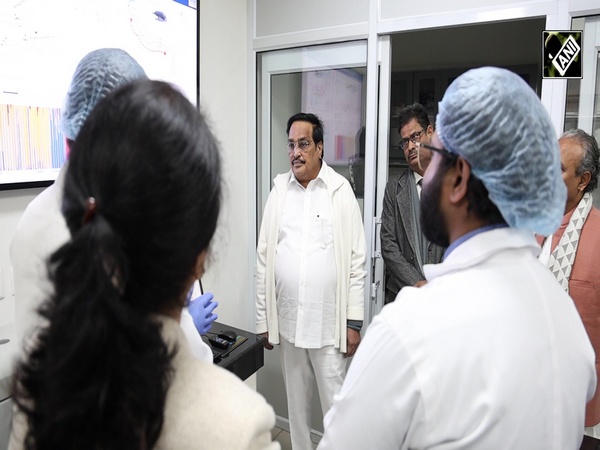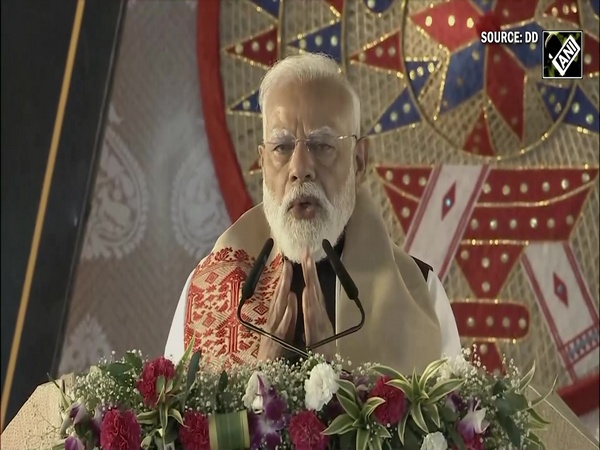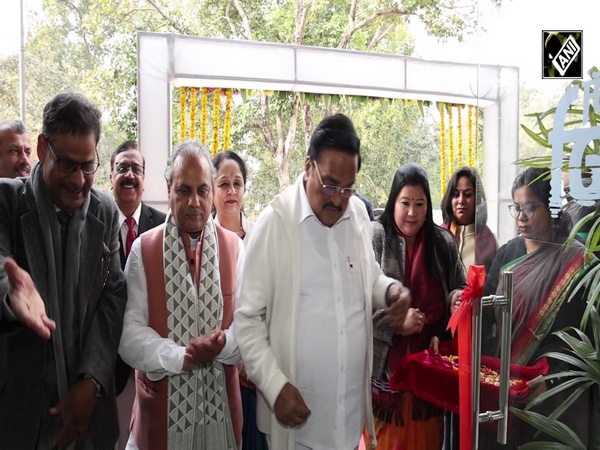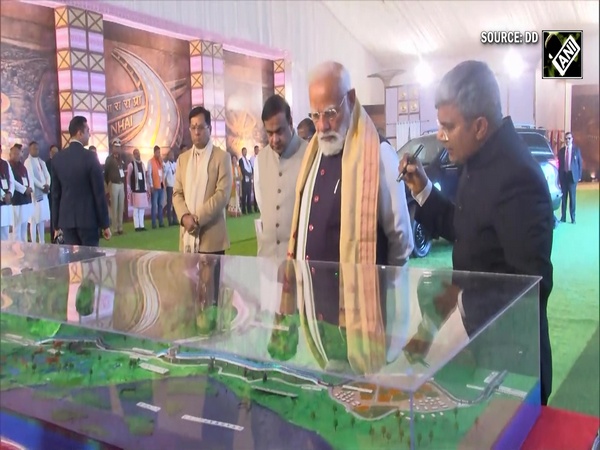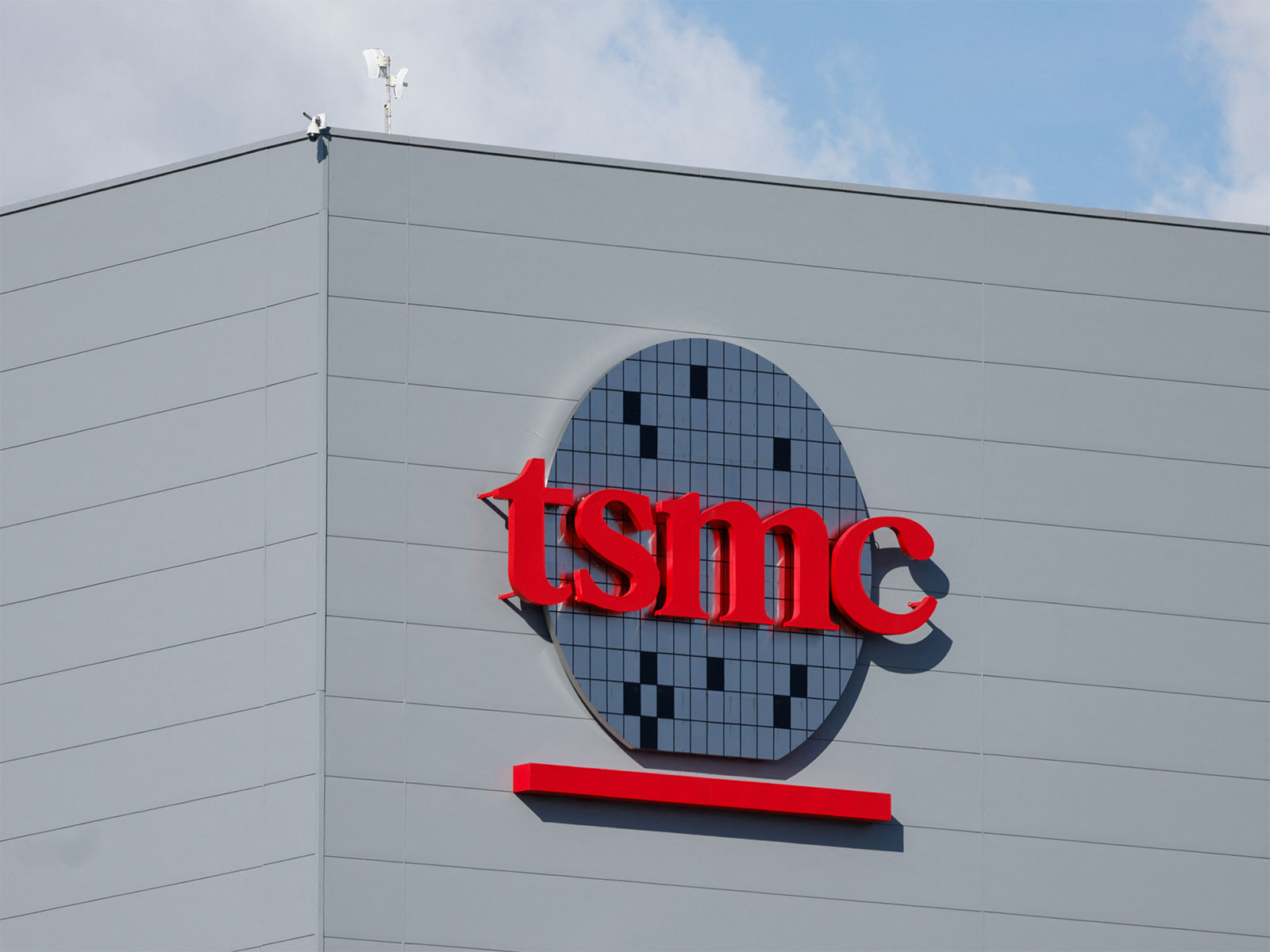
TSMC is accelerating its Arizona expansion plans; keep investing in Taiwan
Oct 17, 2025
Taipei [Taiwan], October 17 : Taiwan Semiconductor Manufacturing Co. (TSMC) is accelerating its expansion in Arizona, driven by strong demand for advanced chips in AI and high-performance computing, FocusTaiwan reported.
The company will accelerate production timelines for two planned fabs and invest $65 billion in Arizona to construct three advanced wafer fabs, with an additional $100 billion planned for the next few years.
CC Wei, Chairman and CEO of TSMC, stated on Thursday that the world's largest contract chipmaker will accelerate its pace of production expansion and technology upgrades in the US state of Arizona, while continuing to invest in Taiwan, according to FocusTaiwan.
Speaking at an investor conference, Wei said TSMC's investment project in Arizona proceeded smoothly, adding the company has acquired a large piece of land closer to the existing compound for expansion.
The company plans to establish a megafab cluster in Arizona, which will manufacture chips using advanced processes, including 2nm and A16 technologies, Focus Taiwan reported.
After the 2nm process starts mass production in Hsinchu and Kaohsiung later this year, Wei said, production will accelerate in 2026 and the more sophisticated N2P and A16 processes are expected to begin commercial production in the second half of 2026.
TSMC has partnered with Amkor Technology to develop 3D Chip-on-Wafer-on-Substrate (CoWoS) packaging and integrated fan-out (InFO) assembly services in Arizona.
The first fab in Arizona began commercial production in 2024, while the second fab is expected to start production soon, with the third fab adopting 2nm and A16 process technologies.
Despite its aggressive expansion overseas, TSMC will continue to invest in Taiwan, building more advanced wafer fabs and IC assembly plants.
TSMC's global expansion also includes projects in Japan and Germany, with the company reviewing client demand and market conditions to determine mass production schedules.
In Kumamoto, Japan, Wei said, the first fab using speciality processes has mass-produced chips since the end of 2024, while construction of the second has also started, and the timeframe of mass production will be decided based on market reality.
In Dresden, Germany, Wei said that construction of a fab, also utilising speciality processes, proceeded well. TSMC will review clients' demand and market conditions to map out a mass production schedule.
Before the two IC assembly plants are ready to operate, Wei said, TSMC has worked with an outsourced semiconductor assembly and test (OSAT) company that has broken ground on a plant in Arizona. The cooperation is expected to help the chipmaker provide services to its clients in the United States.
Wei did not identify the OSAT partner. However, US-based Amkor Technology Inc. announced in August the building of an IC assembly and testing plant in Arizona, with production scheduled to start in early 2028.
In October 2024, TSMC and Amkor announced they would strengthen their cooperation to develop 3D Chip-on-Wafer-on-Substrate (CoWoS) packaging and integrated fan-out (InFO) assembly services.
Wei said demand for CoWoS services remained tight, but TSMC has kept narrowing the gap between demand and supply by expanding the services during the current AI boom.
In Taiwan, Wei said that efforts to build more advanced wafer fabs and IC assembly plants will not slow down, despite the government's strong support, even as it pursues aggressive expansion overseas.
TSMC's expansion in Arizona is expected to turn the state into a self-sustaining semiconductor manufacturing hub, meeting growing demand for advanced chips in AI, smartphones, and high-performance computing.
